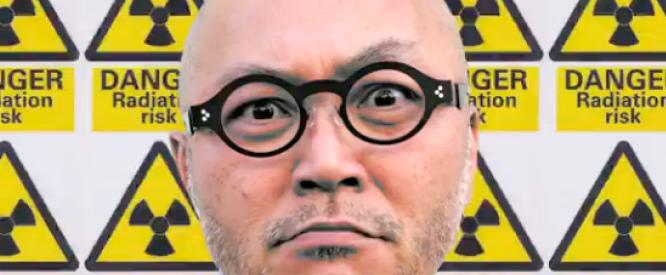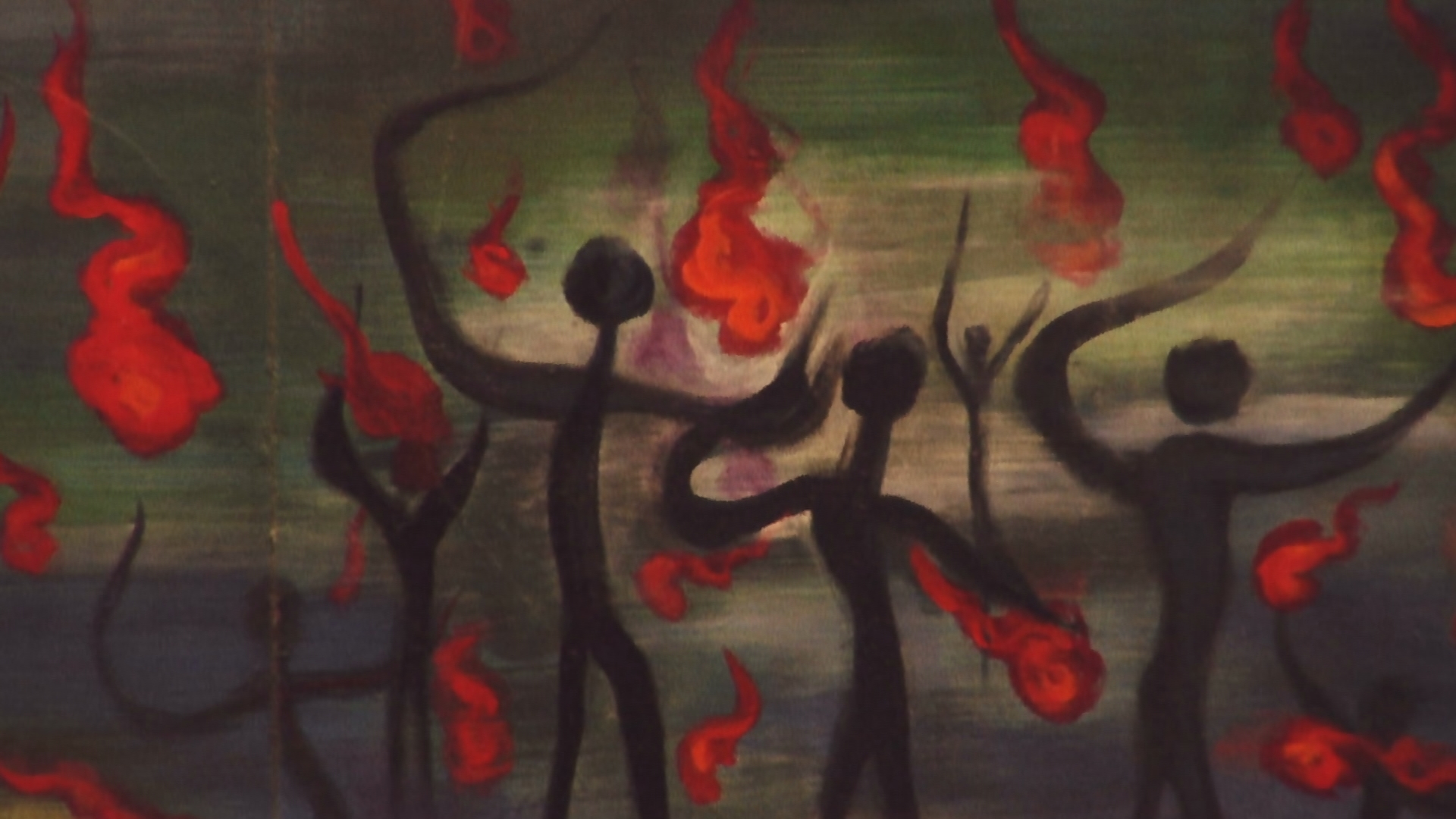In Post-Fukushima Japan, Music Reflects “Hope Scraping Against Fear”

March 8, 2012
Share
Last year, we brought you a story about how artists — in particular, the activist group Chim↑Pom — are challenging Japan’s reliance on nuclear power in the wake of the March 2011 earthquake, tsunami and nuclear meltdown.
Japanese musicians are also responding to the disaster, in particularly interesting ways that reflect divisions in how people remember and move forward from tragedy. Patrick St. Michel, a reporter and music blogger in Osaka, chronicled the rise of patriotic pop music, moody indie songs and YouTube anger in The Atlantic yesterday, complete with music videos.
First there are the benefit songs that rise out of any tragedy (think the revamped “We Are the World” in the wake of the 2010 earthquake in Haiti). One of Japan’s equivalents is this song by EXILE called “Rising Sun”:
St. Michel notes that many of the pop songs like this make no direct reference to the actual events of March 11, nor the subsequent meltdown at Fukushima Daiichi. “The only popular contemporary musician to take an anti-government stance was Kazuyoshi Saito,” he writes, “who reworked the words to his 2010 single ‘I Always Loved You’ into an online screed against the powers that be. His label promptly pulled the video, though plenty of online enthusiasts have re-uploaded the clip.”
Those songs that directly respond to what happened at Fukushima proliferate on YouTube. Here’s one from Rankin’ Taxi and Dub Ainu Band. It’s called “You Can’t See It, And You Can’t Smell It Either” (you can probably guess what it’s about):
Read the rest of St. Michel’s piece for insights into how indie music “avoided the overtly political and instead pumped out songs reflecting the mood of post-earthquake Japan” and for an amazing karaoke video featuring a “gaggle of young idols point[ing] to politicians and ask[ing] ‘Aren’t you ashamed?'” The music scene at the one-year anniversary, he says, reflect “hope scraping against fear and lack of faith in the government.”
Latest Documentaries
Related Stories
Related Stories
Explore
Policies
Teacher Center
Funding for FRONTLINE is provided through the support of PBS viewers and by the Corporation for Public Broadcasting, with major support from Ford Foundation. Additional funding is provided the Abrams Foundation, Park Foundation, John D. and Catherine T. MacArthur Foundation, Heising-Simons Foundation, and the FRONTLINE Trust, with major support from Jon and Jo Ann Hagler on behalf of the Jon L. Hagler Foundation, and additional support from Koo and Patricia Yuen. FRONTLINE is a registered trademark of WGBH Educational Foundation. Web Site Copyright ©1995-2025 WGBH Educational Foundation. PBS is a 501(c)(3) not-for-profit organization.




















